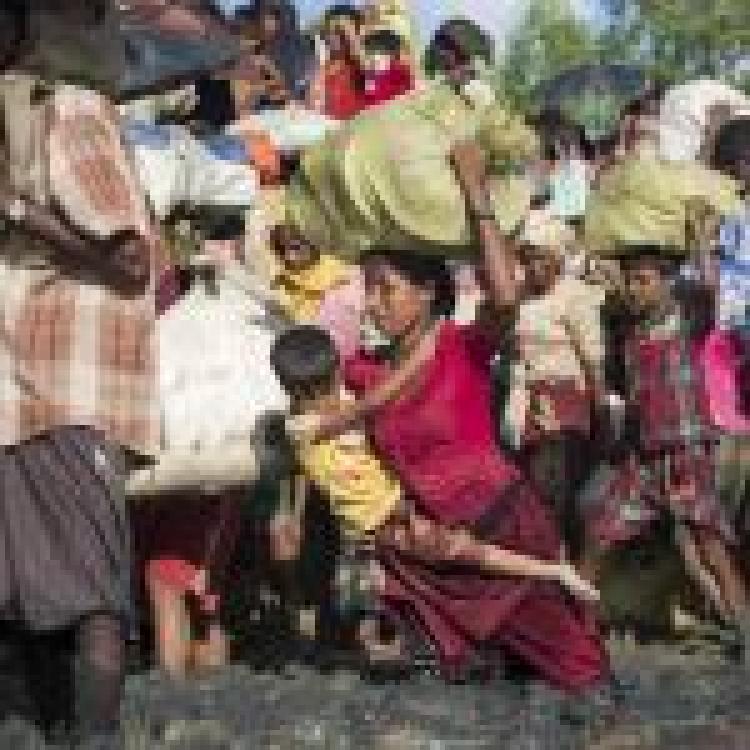Thousands of Rohingya are being shipped to a remote island by the Bangladesh government says refugees and humanitarian workers, despite government assurances that no one is being forced to leave.
More than 1,600 Rohingya refugees were sent to Bhasan Char, a flood prone island today, despite the government asserting that they were only moving the Rohingya who were willing to go as a measure to relieve overcrowing in camps. The camps have become home to over a million Rohingya as they fled Myanmar following a military crackdown.
Speaking to Reuters, two Rohingya said that their names appeared on lists compiled by local leaders without their consent and aid workers reported officials were using threats, offers of cash, and other enticements to pressure people into leaving.
Mohammad Shamsud Douza, the deputy Bangladesh government official in charge of refugees, said the relocation was voluntary.
“They are going there happily. No one is forced. The government has taken all measures to deal with disasters, including their comfortable living and livelihood.”
The first thousand refugees were escorted onto buses by the police from Ukhiya to Chittagong port and then Bhasan Char.
An 18-year old woman who fled Myanmar in 2017 said her husband put their names on the list because he thought it was for food rations.
“We came here to save our lives facing different kinds of troubles and difficulties,” she said. “Why would we go to that risky island?”
A senior foreign ministry official said the refugees were being moved because there was little prospect of repatriating them to Myanmar.
Refugees International said the move was “nothing short of a dangerous mass detention of the Rohingya people in violation of international human rights obligations”.
“They have taken us here forcefully,” a 31-year-old man told Reuters tearfully by phone as he boarded a bus.
“Three days ago, when I heard that my family is on the list, I ran away from the block, but yesterday I was caught and taken here,” he said.
The United Nations stated that it had been given “limited information” about the relocations and was not involved in preparations.


